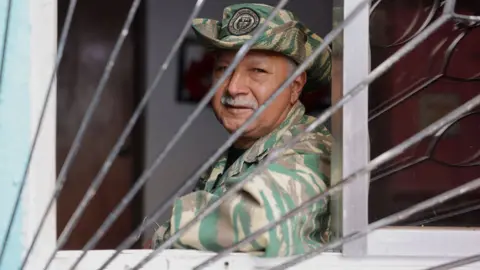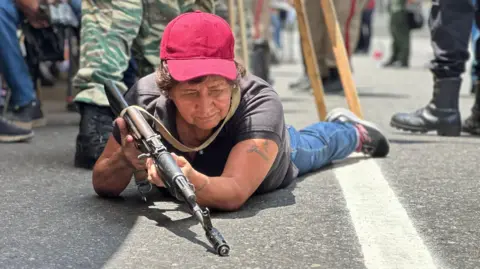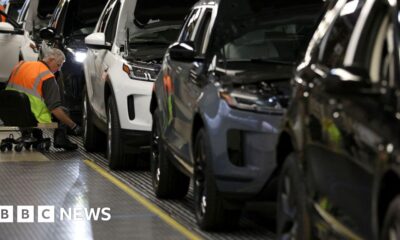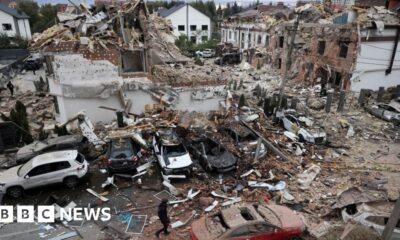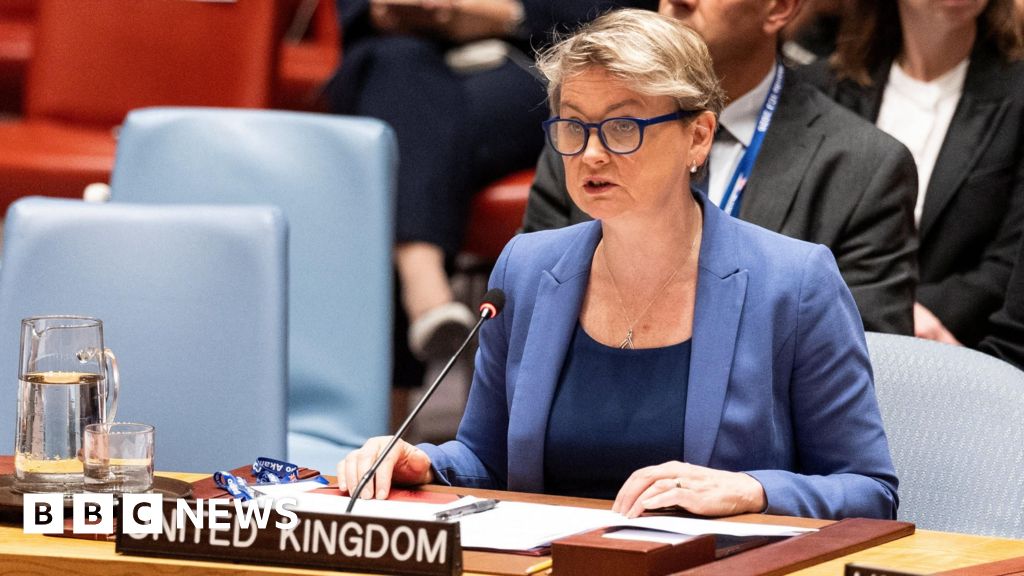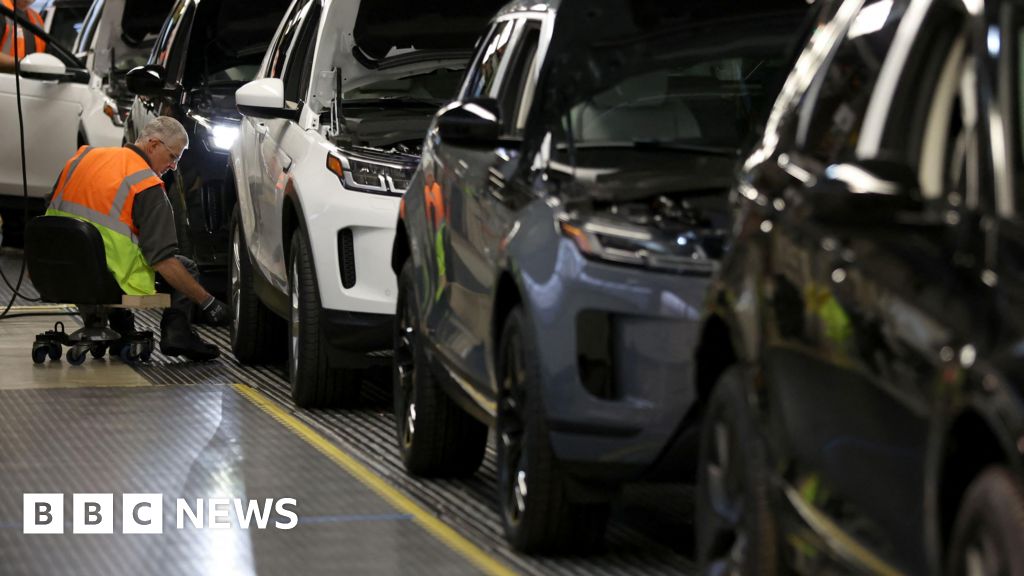THERE’S A SCARY story told to government ministers late at night. It goes something like this.
“Once upon a time, there was a country with a young working age population. But then, the people grew old and grey.
“Soon, the country was spending too much money funding everyone’s pensions. There wasn’t enough for everyone else.
“And when the people asked what happened, the financial experts pointed at the politicians and said: ‘Told you so’.”
Hey, I didn’t say it was a good story. Or a happy one. But you get the gist – the above is a scenario which may now be playing out in real time.
That’s certainly the concern of Central Bank governor Gabriel Makhlouf, who warned during the week that the national retirement age will need to rise as Ireland’s population ages.
His speech to an OECD (a group of wealthy nations) meeting isn’t particularly pleasant reading.
“We also need to look beyond the traditional definition of working age population… and boost participation in the post-60/65 population,” he said.
“In a world of longer lifespans and health spans, sustaining living standards will need people to work beyond what is currently considered ‘typical’ retirement age.”
In a nutshell – live longer, work longer.
To the best of anyone’s knowledge, Makhlouf is not someone who gets his kicks out of making life worse for senior citizens.
He isn’t suggesting people should work longer because he wants them to. It’s because, as things stand, it seems to be one of the few ways to keep the state pension system from collapsing.
The fund behind Ireland’s pension system is expected to start recording deficits of €3.5 billion per year as early as 2040. By then, without drastic changes, Ireland could be in deep trouble.
Ireland’s political leaders know this.
But while you’ll find plenty of experts and finance analysts happy to talk about the many ways the state pension system is falling apart, it’s not something government leaders tend to be in a hurry to discuss.
Sure, the government will announce PRSI hikes as a way to raise extra money (while taxing workers more).
But multiple experts have said this won’t even come close to solving the problem by itself.
As previously pointed out by The Journal, the government expects PRSI increases to eventually contribute about €1.7 billion per year to state funds.
The pension deficit will double that by 2040, and then continue to grow worse every year, as the population keeps ageing.
Most approaches of how to deal with this tend to boil down to – get people working longer. Or tax them more.
Neither are pleasant options. But, given how Ireland’s pension system currently works and the rapidly ageing population, it’s hard to find other solutions.
The blame game
So, why aren’t politicians talking about it?
Well, the reason is simple – they’re terrified of being blamed for raising the state pension age.
For an example, look back to the most recent time the pension debate truly gripped the Irish national consciousness – during the 2020 general election.
Currently, people start getting the state pension once they hit 66. However, the government had planned to raise it to 67 in 2021 and 68 in 2028.
This proposal became a massive issue during the 2020 general election.
Various opposition parties egged this on, with the likes of Sinn Féin claiming that the ‘demographics will look after themselves’. With the latest figures showing a 23% surge in the over 65 population between 2019 and 2025, this unfortunately looks unlikely.
However, the new government then scrapped the age increase. Instead, it kicked things to touch by establishing a pensions commission. Because if there’s one thing Ireland lacks, it’s commissions.
Funnily enough, the commission did actually still recommend increasing the state pension age. But doing it much more slowly.
Instead of raising the age to 67 by 2021, the new plan was to raise it to 67 by 2031, conveniently beyond the government’s term.
This is somewhat of a theme with raising the pension age. Much like defrosting the freezer, it’s always a task for another day.
Again, it’s understandable. Look at the likes of France, where the government planned to raise the state pension age from 62 to 64.
The plans triggered an enormous public backlash, with sustained protests. Some demonstrations reportedly saw turnout of over 1 million people.
The government ended up pushing through the law anyway. But similar pension age increases have been delayed in the UK due to ‘fears about a revolt by middle-aged voters’. It’s a common theme in plenty of countries.
Governments don’t want to deal with it, because why would they? It’s not so much grasping a nettle, as leaping head first into a thorn bush.
Rules for thee, not for me
It’s worth noting that the public backlash is understandable – no one wants to be told they’re in the generation that drew the short straw.
As economies such as Ireland’s are reportedly going strong, and corporate profits continue to rise, it seems perverse that people would have to work for longer.
There’s also an air of ‘rules for thee, but not for me’ over some of the proposals.
Back when Ireland’s state pension was set to rise to 68, politicians were reportedly part of a group which would still be able to retire at 65.
Even if that’s amended the next time some future government begrudgingly examines the issue, TDs and senior public servants still have famously generous pensions.
Hypothetically, if they deferred their pension age to 68 with everyone else, they’d be unlikely to struggle financially. Compare that to low wage workers struggling financially. For them, every extra year working is more of a burden.
This also makes it easy for political opponents to push back against governments. And easier for politicians to cave and put the problem on the back burner.
The problem – this isn’t going away.
Kicking it down the road
Ireland’s population is getting older. And the longer the state pension issue is left to fester, the worse it will get.
This is because the amount of money which needs to mount up will compound. It’s like Ireland’s ever-elusive housing targets.
You start year 1 with a target of building 50,000 homes each year for five years.
But then in year 1, you only build 30,000.
So now you should build 70,000 in year 2 to make up for it. But you only build 30,000 again – so now we’re 40,000 in the hole. You’re constantly chasing a setting sun.
With Ireland’s pension system, the government’s preferred solution has been to slowly raise PRSI. But as pointed out by the likes of the Irish Fiscal Advisory Council, this means taxes will end up rising higher in the end.
Why? Because the number of workers will shrink as the population ages. So a smaller number of people will have to make up the same amount of tax revenue – ie, pay even more taxes.
Unfortunately, as things stand, this story is set for an unhappy ending.
With politicians unwilling to risk voter blowback, and the public dead set against raising the state pension age, we’re at something of an impasse.
But this won’t get sorted by just ignoring it. Ireland’s politicians have to be honest with people about what is needed to sort the state finances long term.
Anything else is just endlessly kicking the problem down the road, until it eventually blows up in someone’s face.

